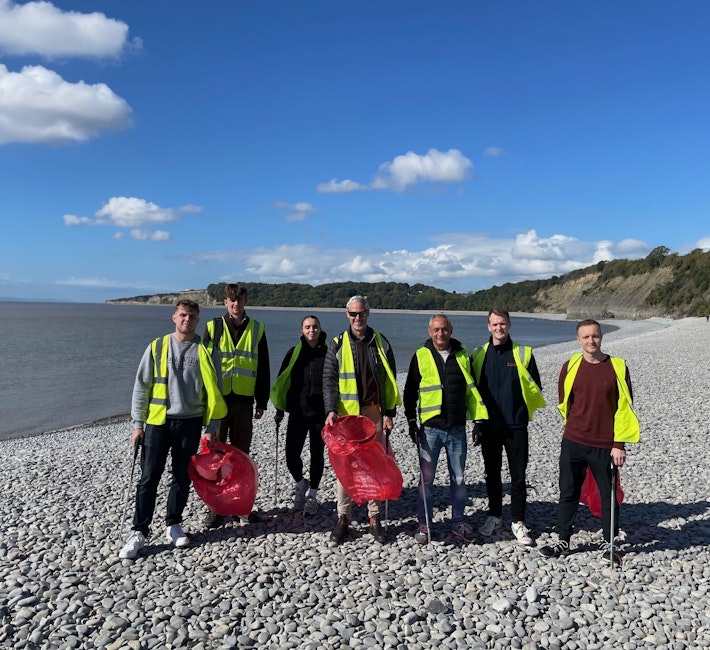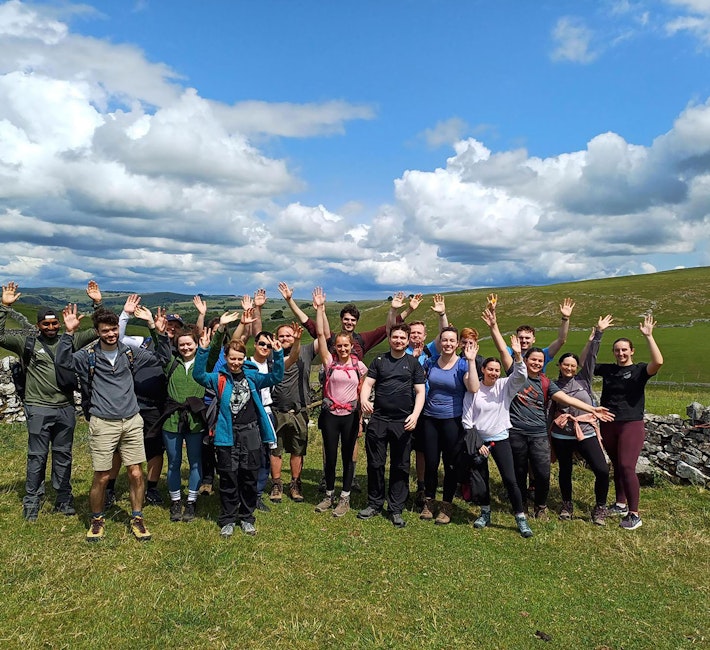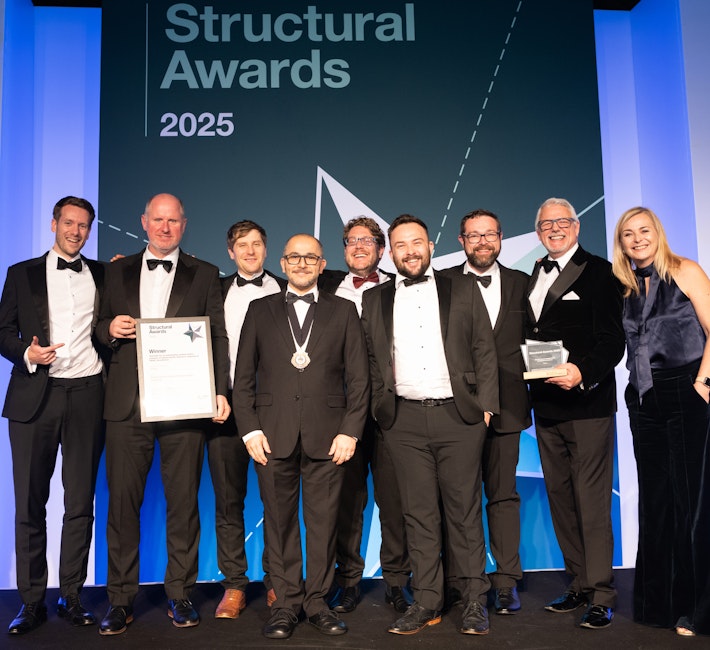Innovative Construction: Enhancing Education Through Modern Methods

- Home
- News & Views
- Innovative Construction: Enhancing Education Through Modern Methods
Modern Methods of Construction (MMC) represents a revolutionary approach to building design, emphasising quality, speed, safety, and efficiency, enabled through advanced digital technologies like Building Information Modelling (BIM). The education sector is increasingly embracing MMC’s potential to enhance productivity and foster innovation.
Achieving Transformation
MMC encompasses seven categories, each evaluated a PMV rating (Pre-Manufactured Value), that divides offsite labour and materials, by onsite. A higher PMV score indicates that the design team is closer to achieving optimal project outcomes in terms of quality and efficiency.
Some industries, such as the MOJ, are embracing standardisation and offsite manufacture. Projects such as HMP Five Wells in Wellingborough pushed the boundaries of BIM Level 2 and digital twin technology to track component parts from manufacture to installation, resulting in a construction timeline that was 22% faster than traditional methods.
We leverage best practices from these sectors to benefit educational institutions, enabling schools, colleges, and universities to be constructed efficiently, even on constrained or active sites.
Added Benefits: Carbon Reduction
One of the most impactful strategies we can adopt as engineers is to minimise material usage in our designs. By reducing material consumption, we not only cut waste and costs but also contribute to carbon reduction.
Standardisation and material optimization are key tools in our arsenal. If we standardise the typical 7.2m x 7.8m grid used in UK educational buildings, we can enhance modular services, integrate mechanical and electrical systems, and promote future flexibility - all while reducing embodied carbon and supporting the circular economy.
The Current Landscape
MMC is about identifying the best solutions for each project, whether that involves precast concrete, timber, or even traditional construction methods. At Curtins, we have tailored a unique hybrid MMC approach on a number of HE projects, making the best use of steel, concrete and timber to balance performance vs carbon impact. This includes projects for University of Cambridge and Warwick.
I had the privilege of discussing these insights at the Education Buildings Ireland Conference in November, where I was an invited speaker in a broader conversation about BIM. I was also able to share insights and data on the Carbon Footprint of the recent Higher Education Bundle 1 projects, and suggest have MMC solutions could befit future projects. I ended the presentation by presenting Retrofit as an important part of the HE sector in the future in the drive to reduce Embodied Carbon.
If you’re interested in learning more or discussing an upcoming project, please don’t hesitate to get in touch.
Tags:


